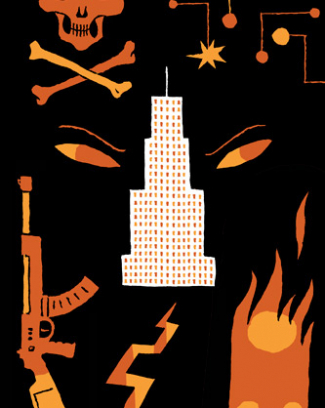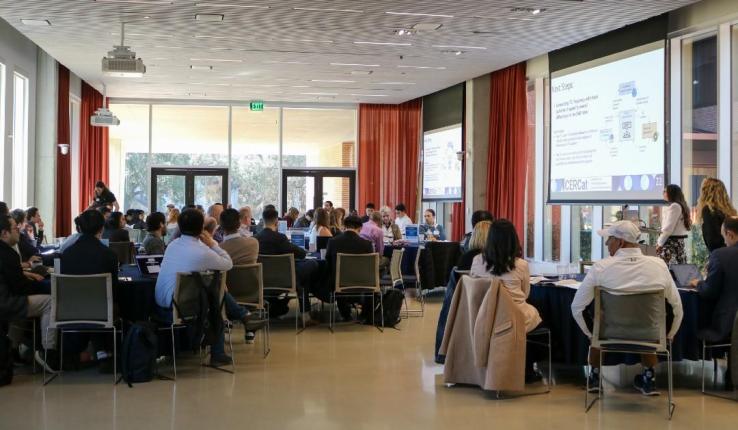Haibei Zhao: How Do Terrorist Attacks Impact Investors?
When Haibei Zhao, assistant professor of finance and holder of the Theodore A. Lauer Distinguished Professorship of Investments, learned he had a unique opportunity to access the National Stock Exchange of India’s trading records, he wondered what he and his co-authors, Vikas Agarwal of Georgia State University and Pulak Ghosh of the Indian Institute of Management Bangalore, could do with the data.
While pondering the next step, Zhao found a TED Talks video regarding stress hormones—how to cope with them and how to relieve stress in day-to-day life. Zhao considered the most extreme level of stress for individuals. Having visited the site of the World Trade Center attacks and having been in Paris around the time of the 2015 terrorist attacks there, Zhao realized the stress trigger that could be used for the research could be a terrorist attack.
After a brief search online, he found the 2008 Mumbai terror attacks occurred within the data set. Trying to separate the incident from the global impact of the Lehman Brothers bankruptcy in September 2008 and the late-December holidays, Zhao and his team looked at one trading week prior to the attacks through three trading weeks after.
The researchers considered two main strands of literature—science and economics—in crafting their paper, Violence and Investor Behavior: Evidence from Terrorist Attacks. Prior literature indicated that stress causes the body to release hormones such as cortisol and adrenaline, which can have contrasting effects on humans by either promoting thinking or damaging cognitive abilities. The team’s data set—millions of individuals and billions of trading records—provided a much larger sample size than studies in labs.
Another benefit for the researchers was to study a natural experiment—the attacks were unexpected and outside the control of the investors. Unlike controlled experiments in a lab, investors were using their own financial assets in this study, rather than money given to them for experiments.
Zhao and his co-authors looked at the change in trading activities on the Indian stock market. They had two main hypotheses. One, Zhao says, is called the cognitive ability hypothesis, which is that fear and stress from the attacks can negatively impact the investors’ ability to retrieve and analyze information. In the other, the risk preference hypothesis, investors could back away from risks and become less likely to trade.
What the team found was a decrease in the trading volume—investors in Mumbai bought less and sold less. That contradicts the risk preference hypothesis, Zhao says, which says investors should buy less and sell more because they want to have less risk in the market. Meanwhile, consistent with the cognitive ability hypothesis, the Mumbai investors suffer from worse trading performance after their exposure to the attacks.
The research also shows the further away geographically that investors were from the site of the attacks, the less their trading was affected. Zhao says outside 500 kilometers, investors traded as usual.
Two to three weeks after the attacks, Zhao says, they noticed a reversal in the investor trading behavior and began to see trading activities similar to that just prior to the attacks.
Overall, the findings suggest the decrease in trading activities can be attributed to the impairment of cognitive ability from fear and the stress of the attacks rather than risk aversion. The team also ruled out other factors, including changes in stock market conditions and investor attributes like attention, preference for local stocks and prior trading experience.
Posted on:





